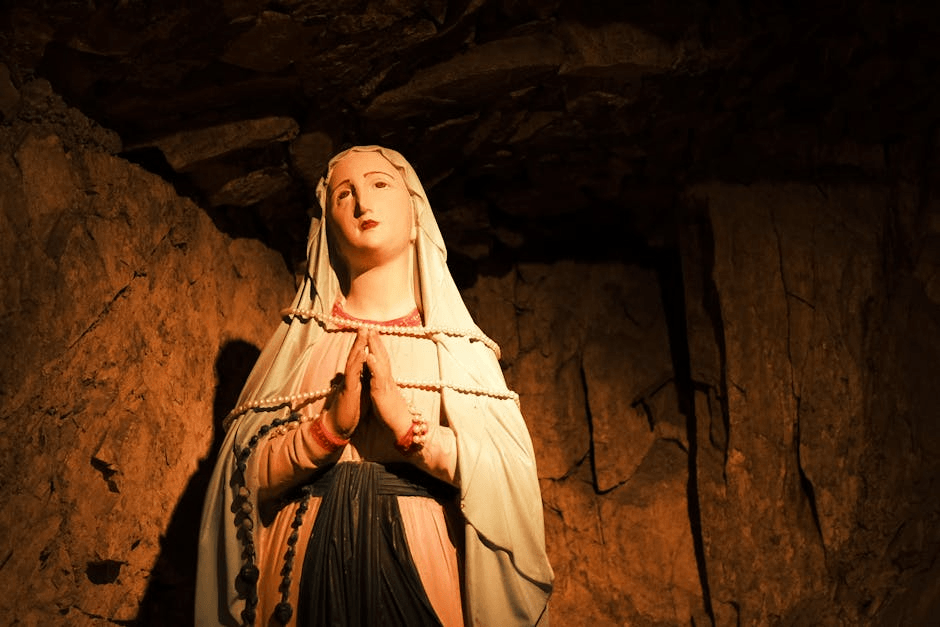
The Weeping Statue of Mary is a revered and iconic image of the Virgin Mary, depicting her as a sorrowful and grieving mother. This statue has been a source of comfort and inspiration for millions of people around the world, and its significance extends far beyond its physical appearance. In this article, we will delve into the history and symbolism of the Weeping Statue of Mary, exploring its origins, significance, and the impact it has had on people's lives.
Origins of the Weeping Statue
The Weeping Statue Mary is believed to have originated in the 17th century, during the Baroque period. At that time, Catholicism was experiencing a resurgence in popularity, and the veneration of Mary was becoming increasingly widespread. The statue is thought to have been created by a unknown artist, who was inspired by the biblical account of the Virgin Mary's sorrow at the crucifixion of her son, Jesus.
Symbolism of the Weeping Statue
The Weeping Statue of Maryship. During the Middle Ages, the statue was often displayed in churches and cathedrals, where it was believed to have healing properties. People would come to pray before the statue, seeking comfort and solace in times of illness, loss, and other forms of suffering. The statue was also believed to have the power to bring peace and tranquility to those who viewed it, and to protect them from harm.
In modern times, the Weeping Statue of Mary has continued to be a source of comfort and inspiration. Many people have reported experiencing miraculous healings and conversions after praying before the statue, and it has become a popular destination for pilgrims and tourists. The statue has also been the subject of numerous artistic and literary works, including paintings, sculptures, and novels.
Types of Weeping Statues
There are several different types of Weeping Statues of Mary, each with its own unique characteristics and symbolism. Some statues depict Mary as a sorrowful and grieving mother, while others show her as a triumphant and victorious queen. Some statues are more ornate and elaborate, while others are simpler and more understated.
One of the most famous types of Weeping Statues is the "Pieta" statue, which depicts Mary holding the body of Jesus Christ after his crucifixion. This statue is a powerful symbol of the suffering and sacrifice of Jesus, and is often displayed in churches and cathedrals.
Another type of Weeping Statue is the "Mater Dolorosa" statue, which depicts Mary as a sorrowful and grieving mother. This statue is often displayed in churches and cathedrals, and is a popular destination for pilgrims and tourists.
Cultural Significance
The Weeping Statue of Mary has had a significant impact on Western culture, particularly in the fields of art and literature. The statue has been the subject of numerous artistic and literary works, including paintings, sculptures, and novels. The statue has also been the subject of numerous films and television shows, and has been featured in numerous music videos and advertisements.
The Weeping Statue of Mary has also had a significant impact on popular culture, particularly in the fields of music and film. The statue has been the subject of numerous songs and albums, and has been featured in numerous films and television shows. The statue has also been the subject of numerous memes and jokes, and has become a popular cultural icon.
Conclusion
The Weeping Statue of Mary is a powerful symbol of hope and devotion, and has had a profound impact on people's lives. The statue has been a source of comfort and inspiration for millions of people around the world, and its significance extends far beyond its physical appearance. Whether you are a devout Catholic or simply someone who appreciates the beauty and symbolism of the statue, the Weeping Statue of Mary is a powerful and moving image that is sure to leave a lasting impression.